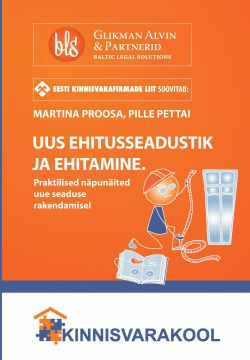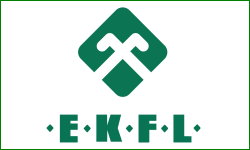 The average wage growth accelerated to 13.3% in the first quarter from 12.1% in the fourth quarter. Wage growth was rapid and broad-based despite difficult economic times. Wage growth accelerated due to a significant increase in public sector wages, especially teachers. The minimum wage also increased considerably, although less than the average, by 10.9% in a year.
The average wage growth accelerated to 13.3% in the first quarter from 12.1% in the fourth quarter. Wage growth was rapid and broad-based despite difficult economic times. Wage growth accelerated due to a significant increase in public sector wages, especially teachers. The minimum wage also increased considerably, although less than the average, by 10.9% in a year.
Wages in the public sector grew faster than in the private sector
The average wage rose the most in education (+19.8% over the year) and in tourism (+17.3%, in a year). Teachers form a significant part in the labour force, so the government’s decision to lift their pay has sizable impact on government finances as well as average wage statistics. The average wage remained constant in forestry, where wages rose markedly a year ago, and in the paper industry, where high energy prices have caused temporary shutdowns.
Rapid wage growth puts pressure on companies’ profits
In the first quarter, the turnover of companies grew less than labour costs. Strong wage growth lifts demand in the domestic market but reduces the competitiveness of exporting companies. This, in turn, results in a decrease in the volume of industrial production and exports.
The gap between prices and wages is decreasing
The average net wage bought 4.5% less goods and services in the first quarter of this year than a year ago. In the second half of this year, wages should grow faster than prices again, in annual terms.

The purchasing power of the average wage earner reached its lowest point in August last year. Compared to August, purchasing power has already increased by 6.9%. However, consumers do not feel this, because there is less money in their bank accounts (and that buys them 17% less in real terms), and there are additional expense items not included in statistical office price data like real estate investments and loan servicing costs that have also increased substantially.
Although labor shortages have eased due to the economic recession, wage growth remains rapid this year. According to a survey by the Institute of Economic Research, service companies want to hire more employees, while in the manufacturing industry, less labour is needed.
















